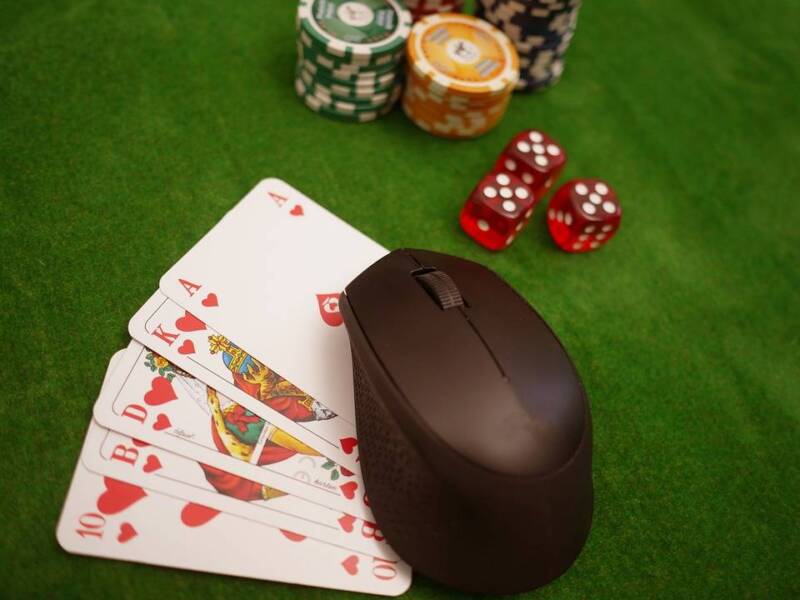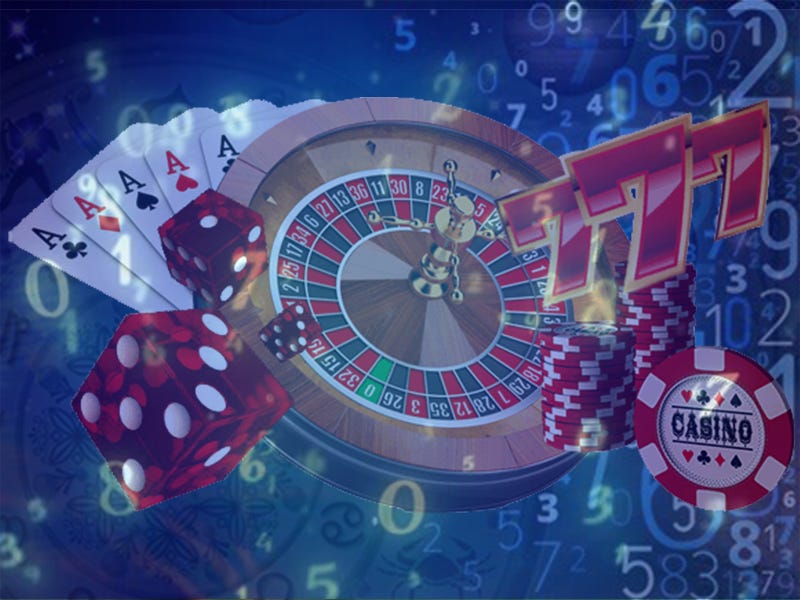Fiorella Ravenswood
Amongst a person's various passions, ludomania (or gambling addiction, gaming dependence) is hardly considered a grave sin. People love to play, wholeheartedly embracing the thrill, immersing themselves in excitement, and often to their own detriment, losing themselves in the pursuit. This is precisely why gambling activities are strictly prohibited in many countries and heavily restricted by various parameters in others Sweet Bonanza Slot Review. Despite all the bans, the global gambling market continues to grow. According to German research company Statista, the global gaming market reached a value of $66.7 billion in 2020, projected to rise to $92.9 billion by 2023. Research data from the international consulting firm H2 Gambling Capital for 2021 demonstrates that undeniable global leadership still resides with betting, accounting for 48.7% of the overall gambling market. Following betting, the online casino industry stands at 26.8% of the global gaming market, followed by lotteries (8.9%) and poker (6.2%). The chart below depicts the consistent growth jonathanweisberg trend of the global gambling industry over the past 20 years:

In recent years, several trends have emerged in the gambling industry. Online live casino formats are gaining increasing popularity, which may, while evolving alongside technological advancements, shape the face of the global gambling industry in the foreseeable future. Equally significant is the trend of integrating VR/AR technologies into gambling games. VR and AR already enable the expansion of the "live" casino experience through visualization, real sounds, and tactile sensations. In the coming years, people will be able to experience the sensation of holding chips and cards, pressing buttons on slot machines, and more. In recent years, the role of artificial intelligence (AI) technology has also grown, enhancing tools for secure player identification, real-time data processing, integration of payment solutions with confidential accounts and user profiles on social networks, biometric identity confirmation, and more. The gambling market is rapidly changing, and now it's unlikely that anyone can accurately predict the gaming processes that will become commonplace in a couple of years. However, it's equally interesting to look at the industry's development, how it all began, and how it evolved to what it is today — the captivating evolutionary history of the global gambling industry is explored in this long read pokerstarscasinous.

The Emergence of Gambling Games: The First Dice and Cards
It's impossible to construct a comprehensive history of gambling games since the origins from which it all started are shrouded in the darkness of millennia. Nevertheless, archaeologists discover artifacts of diverse gaming cultures from various parts of the world, primarily dice. The oldest dice were found in Iran during excavations of the city of Shahr-e Sukhteh, dating back approximately 5,200 years. Meanwhile, mentions of dice appear in sources of ancient Indian culture, such as the "Rigveda," "Atharvaveda," "Mahabharata," and more. Ancient Greeks also engaged iep.utm.edu in dice games: according to one legend, soldiers waiting for battle outside the legendary Troy played them. Dice games were also popular in Ancient Rome. Officially, this entertainment was prohibited, with exceptions made only during the festive days of Roman Saturnalia (a winter festival celebrating the end of agricultural work). This was when the first professional cheats emerged: people loaded the dice to win, making the part of the dice they used heavier. Vintage Roman dice and chips:
Among the ancient Germanic tribes that periodically raided Ancient Rome, dice games held a sacred significance. People attempted to divine the favor of higher divine forces using them. It's not in vain that people still, when coming to a casino, talk about wanting to test their luck by measuring their degree of fortune. Apart from dice, prototypes of roulette were popular in Antiquity: disks or wheels spinning on the edge of a sword. Playing cards also emerged quite some time ago, though their history of origin is even more convoluted than that of dice. Archaeologist-scholars lean towards the theory that the first cards emerged in East Asia. The roots of their origin are still tied to dice: it's possible that the first decks were a gradual transformation from dice to dominoes, which were then transferred to cardboard — leading to the first cards with a points scale. It's known that the first Indian cards were round, featured eight suits, had a deck of 96 cards, and the gameplay principles resembled chess.

Resurgence of Gambling in the Soviet Union and the Evolution of the Russian Gambling Industry
From the 1940s, a form of gambling culture began to revive in Soviet billiard halls where enthusiasts engaged in money games. Perhaps the most famous gaming billiard hall in the capital was the "Arkadia" in Gorky Central Park of Culture and Leisure (Gorky Park). Cards also gained popularity, albeit mainly among representatives of criminal culture who played them for money. Soviet cinema and literature often associated resort cities like Sochi and Yalta with the environment of cheating card sharks https://commaful.com/play/felixwhitaker/betting-on-snooker-in-a-bookmakers-office/?sh=1.
Lottery also saw a rapid growth in the USSR, encouraged by the state itself. Various cash and prize lotteries were regularly organized. Even bonds for state loans were drawn using lottery principles. The "Society for Assistance to Defense, Aviation, and Chemical Construction" (OSOAVIAKhIM, later renamed to DOSAAF) also conducted lotteries. As the proceeds from the sale of lottery tickets significantly contributed to the budget, they were often distributed administratively, sometimes even given as change in stores. The grand prize in such lotteries was the "Zhiguli" car.

In the 1970s, the "Sportloto" lottery gained popularity. Participants had to guess winning combinations of five or six numbers on special tickets available through dedicated kiosks. The later "Sportprognoz" lottery resembled modern bookmaker offices, allowing citizens to predict the outcomes of various sports events beyond just football.
In the late 1980s, the first gaming machines appeared in the USSR, primarily in "Intourist" hotels in Moscow, Leningrad, Minsk, Tallinn, Yalta, Vyborg, and Pyatigorsk. By 1988, a total of 220 such machines were purchased. The following year, the first Soviet casinos opened in the Palace Hotel in Tallinn and the Savoy Hotel in Moscow. These were the first signs of a full-fledged gaming business, with Moscow's casino hosting only two card tables and one roulette table. The staff were predominantly English-speaking, and gambling was conducted in foreign currency. The first Russian ruble casino emerged in 1991, equipped with a Western-style setup including dozens of tables and dealers in tuxedos.
After the collapse of the Soviet Union, the 1990s brought the infamous "wild 90s" when the Russian gambling industry naturally became intertwined with criminal activities. The nouveau riche, dubbed "new Russians," along with both petty and major criminals, frequented legendary Moscow establishments like "Metelitsa" and "Firebird."
The industry continued to operate in a largely unregulated manner. In 1998, the state decided to take control of the gambling sphere and introduced the "Tax on Gambling Business" law, legalizing gambling within specific economic activities codes (OKVED). By the mid-2000s, Russia had more than 400,000 gaming machines and over 5,000 gaming tables.
Despite formal regulation, Russian gambling largely remained within the realm of quasi-criminal rules, and widespread gaming machines significantly impacted the poorer population. In 2006, the state made the difficult decision to impose a complete ban on gambling within the country's borders, leading to the enactment of Law No. 244-FZ on State Regulation of Activities for the Organization and Conduct of Gambling. Only certain designated regions were allowed to continue gambling operations factmyth.
